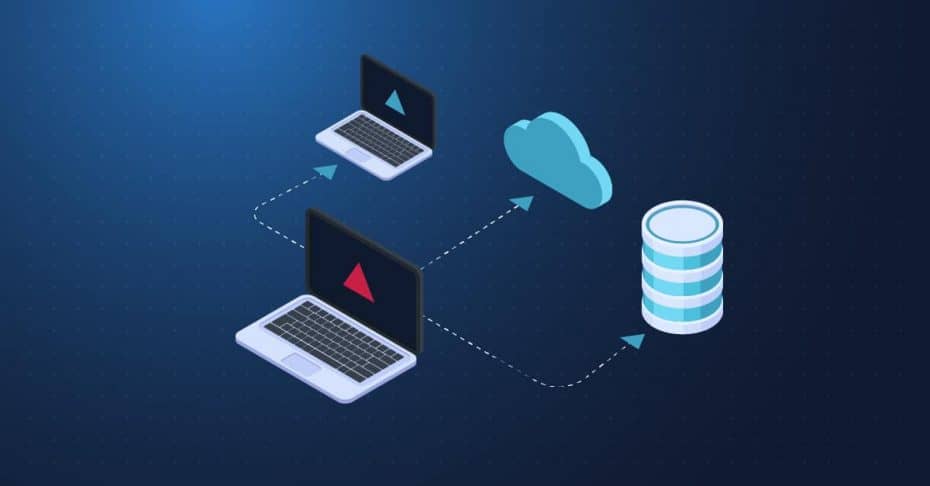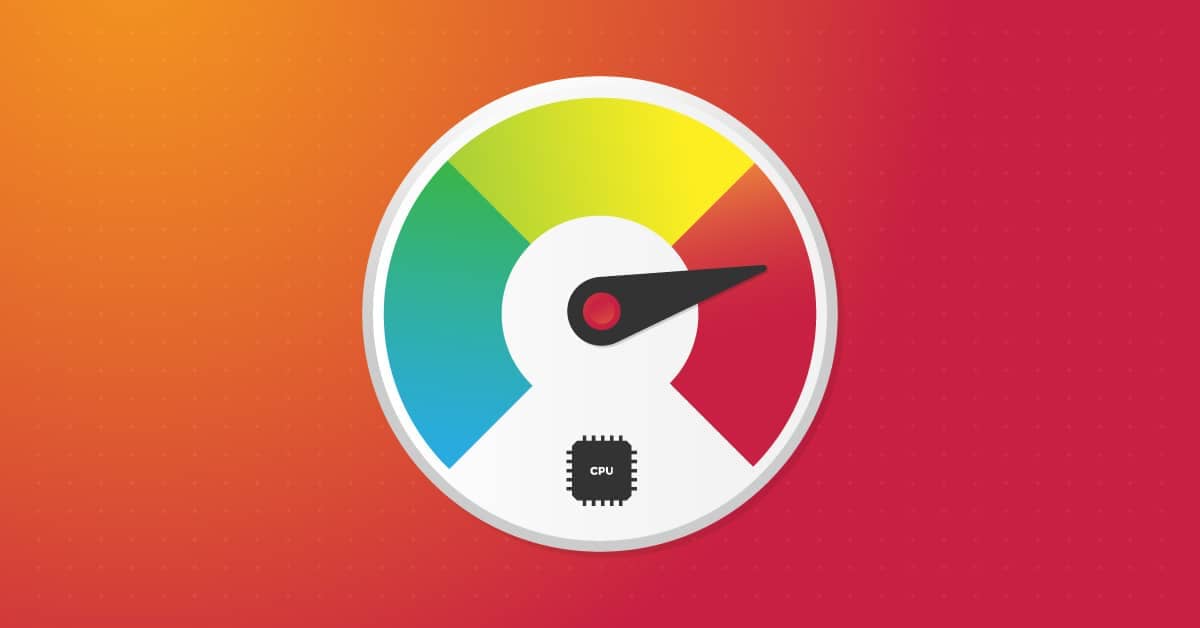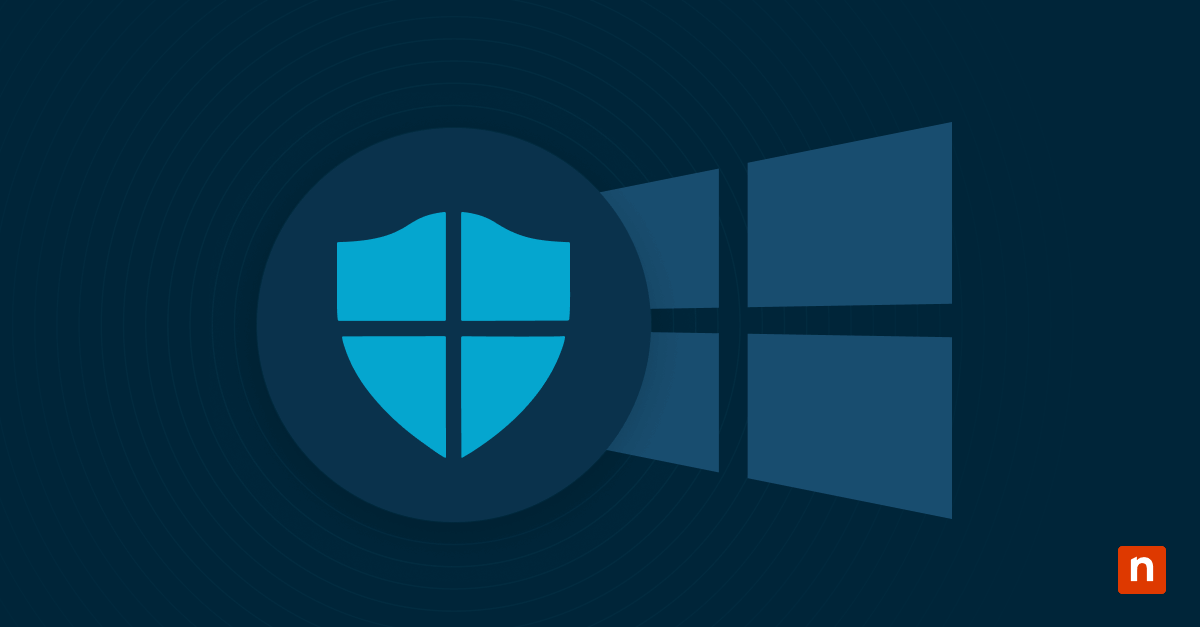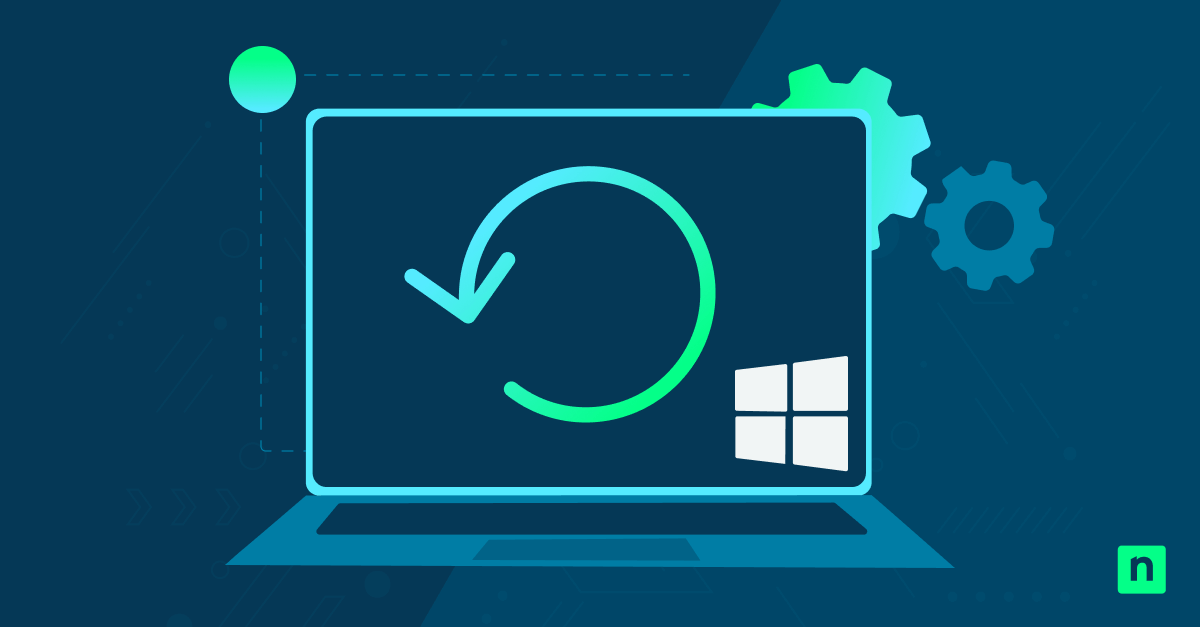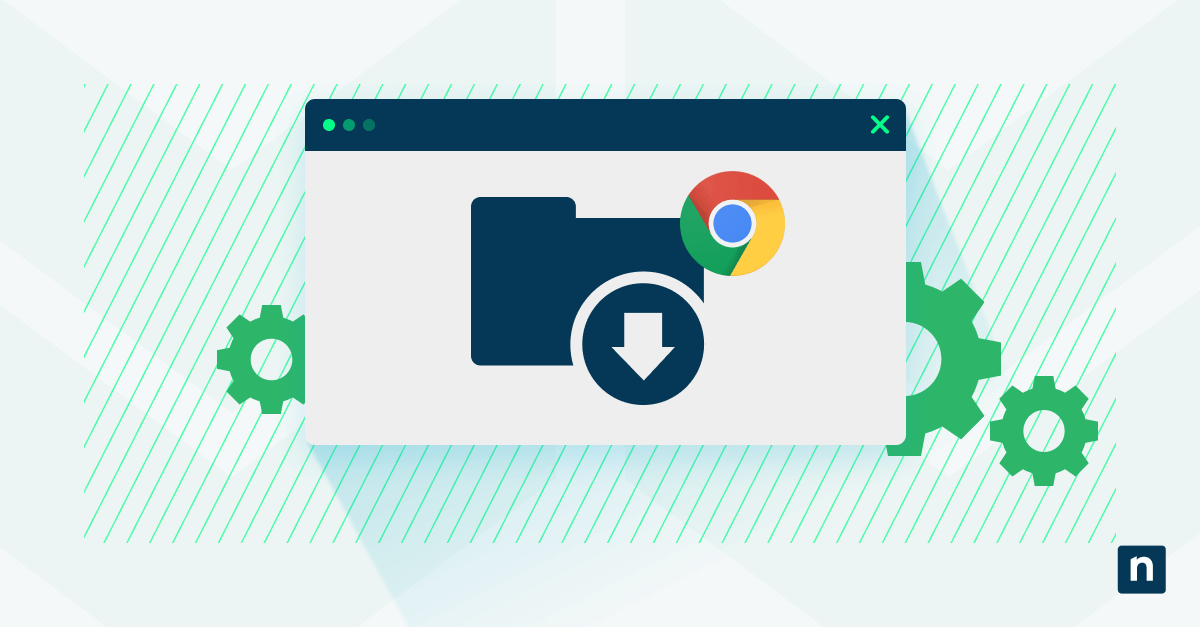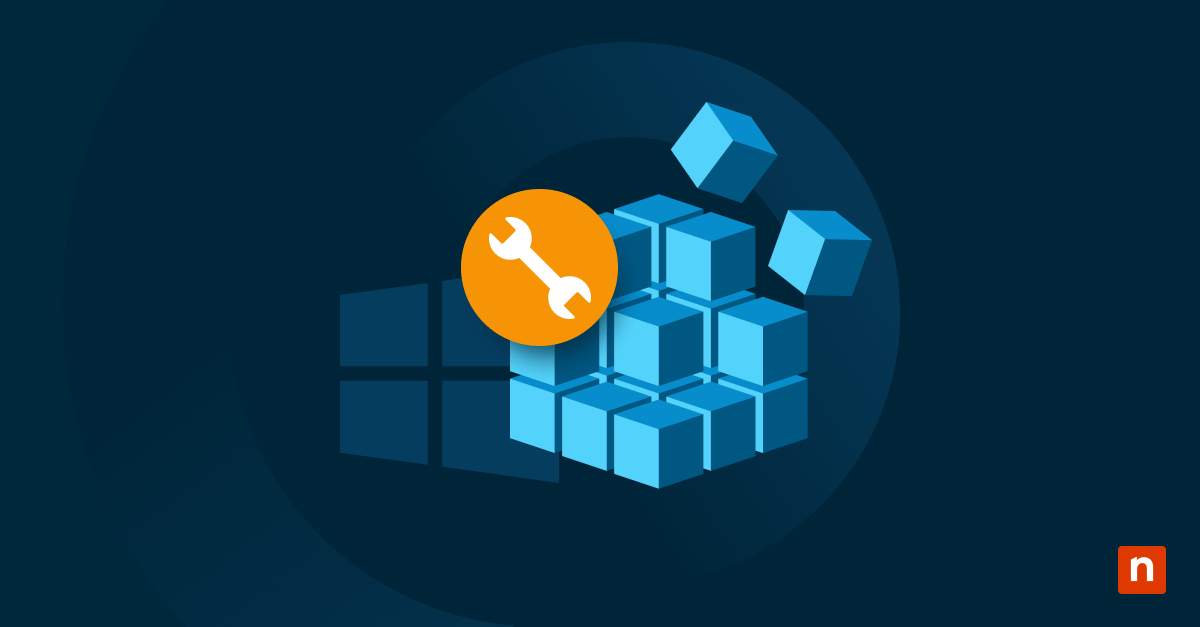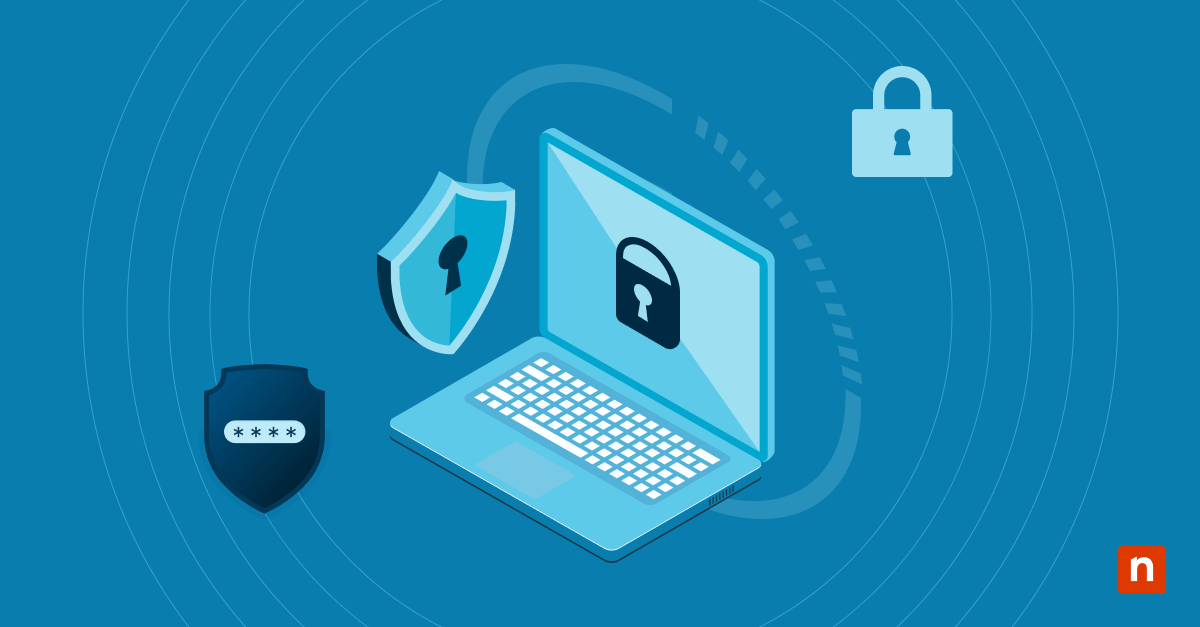The debate of cloud vs data center looms large for businesses when determining how to best store data. In past years, the trend has leaned more toward the growth of remote solutions using the cloud. Yet, data centers are still relevant. Gartner states that spending on data center infrastructure is expected to grow 6% by the end of 2021.
Cloud storage, data centers, and hybrid data centers all possess unique features that allow you to achieve your organization’s data goals.
What is cloud storage?
Cloud storage is a storage method where data is stored remotely online or in the cloud. Information in cloud storage can be accessed at any time from any location, as long as the user has an internet connection or connection to the cloud.
What is a data center?
A data center comprises a facility that houses an organization’s critical assets from their IT environment. Data centers aim to be a centralized area where a business’s IT infrastructure resides.
Cloud vs data center: main differences
Though cloud storage and data centers serve similar purposes, they each have unique features that ultimately enable you to customize how all your organizational data is stored. The seven main differences between cloud vs data centers are:
1) Type
Data centers are physical facilities which allow for physical storage of your data. Cloud storage is remote and stores your business data virtually.
2) Location
Data centers are typically located onsite, which makes it easily accessible for those who are in the office. The cloud requires an internet connection to access, but it can be accessed from any location.
3) Cost
The cost of data centers can be quite expensive because you’re in charge of paying for and providing all the equipment. Cloud storage will generally have a lower cost because you’re paying for the amount of data you store, not the machines.
4) Connection
Because data centers are located onsite, you can be physically connected to retrieve the data you need. Data stored in the cloud requires an internet connection to access it.
5) Scalability
Data centers must expand physically to accommodate the data storage needs of a growing company. Cloud storage can accommodate those needs by simply expanding the storage plan.
6) Maintenance
More maintenance is required with data centers because the business is in charge of the entire physical facility. With cloud storage, the only maintenance needed is regarding the data an organization stores in the cloud.
7) Disaster Recovery
If a disaster occurs in the location of the data center, the data can be damaged or destroyed. Cloud storage avoids that because it is stored virtually, and it can be used in your disaster recovery plan.
Pros and cons of cloud storage
Pros
- Access from any location
- Scalability
- Disaster recovery
Cons
- Less control
- Migration is difficult
- Reliant on internet connection
Pros and cons of data centers
Pros
- Local
- Security
- Opportunities for customization
Cons
- More expensive
- Difficult to scale
- Limited offsite access
Hybrid storage solutions
Hybrid storage is the merging of data centers and the cloud to create a blended solution. Hybrid storage solutions enable organizations to get the best possible combination of data storage to fit their unique needs.
How to choose the right solution for your business
Assessing your business needs and determining whether a solution will meet those needs can seem overwhelming, if you’re unsure of what to look for. Information to consider when choosing a backup solution includes:
How large is your organization?
A large company will likely have a large amount of data, so a hybrid solution with cloud storage and data center may be needed. A small company might only need cloud storage to store all their data.
Are the storage options rigid or do they provide flexibility?
Backup storage solutions that only provide cloud storage or only have a data center can really limit your options or put your data at risk. This is especially important when considering scalability. As your business grows, you’ll want to make sure the tools and solutions you use can scale with it.
Does the solution enable automation of backups?
When backups are left to human error, processes and tasks may be missed or performed incorrectly. Automation removes human error and can ensure your data is backed up and stored. Consistent and secure backup solutions are key to protecting your data.
How much does the solution cost?
Price is an important factor when considering which solution to choose. Choose a solution that securely stores your data, but make sure the cost is within your organization’s budget.
Backup your data with NinjaOne
Cloud storage and data centers can both provide value when it comes to storing essential business information. Depending on your organization, one solution might fit your needs better than the other. If both cloud storage and a data center are needed, then hybrid storage can be an excellent fit.
Ninja Data Protection offers flexibility with storing your backups. With cloud-only, local-only, and hybrid storage options, you can customize your data storage to fit your business needs. Sign up to start your free trial today.

